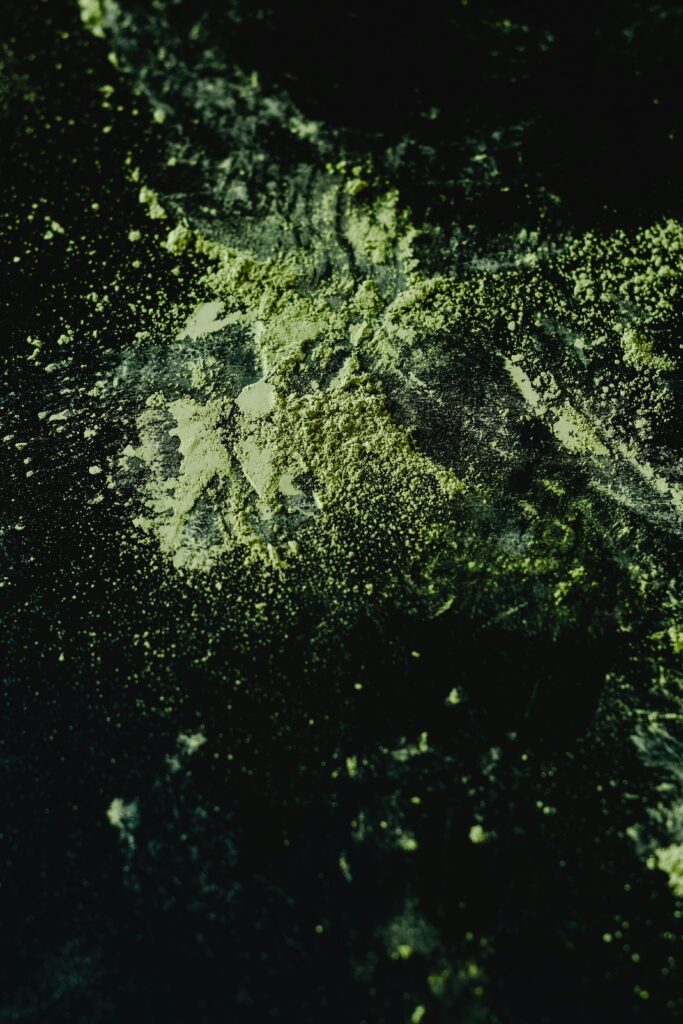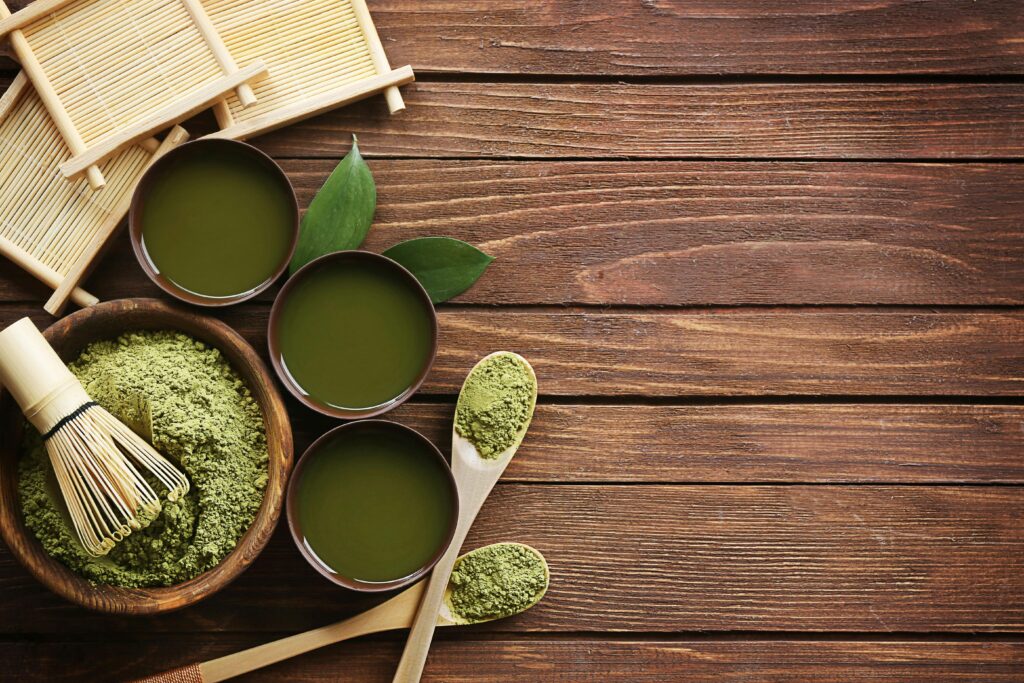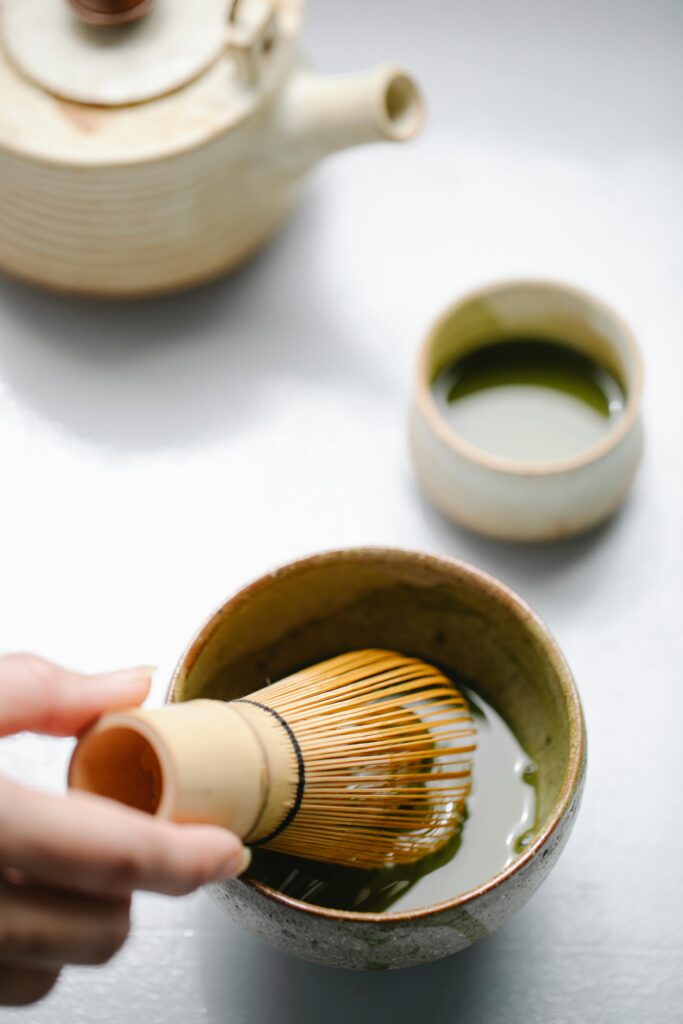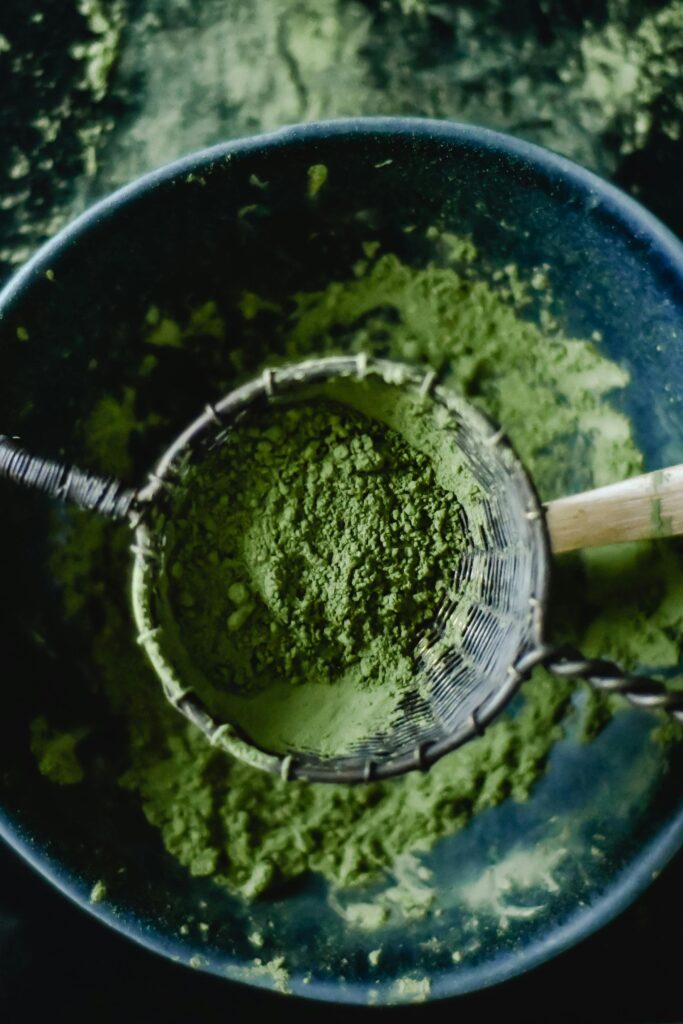Are you a Matcha seller? Join as a Vendor
Hadong is South Korea’s oldest tea region with 1,200 years of history, producing premium green tea through traditional hand-harvesting and natural methods.
There are no results matching your search
There are no results matching your search Reset filters?
Hadong is a mountainous region in South Gyeongsang Province, South Korea, where tea cultivation began around 828 AD during the Silla Dynasty. Recognized by the FAO as a Globally Important Agricultural Heritage System in 2017, this area produces about 20% of Korea’s total tea output using methods that have remained largely unchanged for over 1,200 years. What sets Hadong apart is its commitment to natural cultivation in wild mountain ecosystems rather than managed plantation fields.
Tea plants in Hadong grow naturally between rocks and valleys along the slopes of Jirisan Mountain, where 91% of the terrain is steep mountainous land. The Hwagae Stream and Seomjin River create a microclimate with abundant rainfall, frequent morning fog, and mineral-rich soil that shapes the tea’s flavor profile. Unlike the orderly rows you’ll find in Japanese tea plantations, Hadong’s tea plants spread organically through insect and wind pollination. This creates genetic diversity unique to the region, with each plant adapting to its specific rocky niche.
Farmers in Hadong practice gaengsin, a pruning method that shapes tea trees into vertical or oval forms to maximize growth in the mountainous terrain. Weed control follows the pulbibae technique, where workers manually pull weeds by hand and apply organic manure mulch to prevent soil acidification and moisture loss. These low-impact methods preserve the surrounding forest biodiversity while maintaining tea quality. Hand-harvesting happens in early spring, with pickers carefully selecting budding leaves like the prized Woojeon first flush. About 801 out of 951 households in Hwagae-myeon engage in tea farming, passing down cultivation knowledge through family lines and monastic traditions.
After harvest, leaves undergo traditional hand-roasting in iron pots, a method documented in historical Korean texts and preserved by local monks. This produces teas with distinctive aromatic profiles shaped by both the mountain terroir and artisanal processing. The region’s tea culture intertwines with folk songs, poetry, and social practices that date back to when Hadong tea served as royal tribute during the Goryeo and Joseon Dynasties. The area produces approximately 1,700 kg of tea annually in Hwagae-myeon alone, accounting for 87% of Hadong’s total output. Recognition as Korea’s Important Agricultural Heritage System in 2015 and global designation two years later highlights how these sustainable practices maintain both cultural identity and environmental balance.
The natural growing conditions create teas with complex flavor layers you won’t find in mechanized production systems. Tea plants develop deeper root systems navigating rocky soil, accessing minerals that contribute to taste depth. The morning mist acts as natural shade, similar to Japanese kabuse techniques but without artificial covering. This environment produces fresh, aromatic teas that reflect 1,200 years of genetic adaptation and human stewardship. While Hadong farmers have begun exploring powdered tea production, their methods remain rooted in wild cultivation principles rather than the controlled shade-growing typical of Japanese matcha farms.





Join our mailing list to receive updates and exclusive tips.
There are no results matching your search